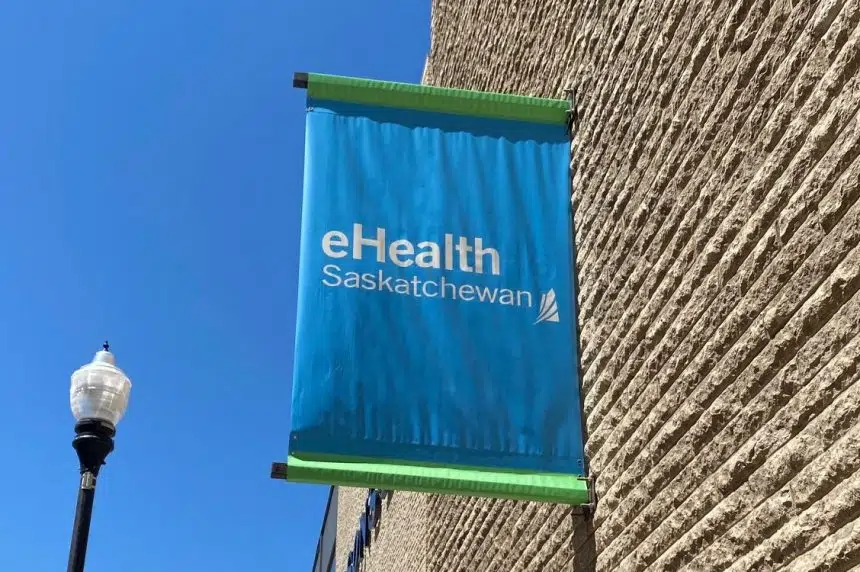While many expectant parents in Saskatchewan eye their due dates carefully, the health authority is giving a few more details on how it’s handling the shortage of the kind of catheter used for epidurals.
The health authority has enough of a supply of that catheter right now for patients who have a high need for an epidural for their pain management, but there is currently a chance that some patients who come in may not get one, according to Dr. Mateen Raazi, provincial head for anesthesiology with the University of Saskatchewan’s College of Medicine and the Saskatchewan Health Authority.
“That speaks to the uncertainty that we’re facing and the situation changes every day,” said Raazi.
The health authority is recommending that providers conserve their supplies of the catheter.
“As women are coming into the hospital to deliver, there is a chance that we will not be able to offer them an epidural,” explained Dr. Joanne Sivertson, provincial department head for obstetrics and gynecology with the College of Medicine and the SHA.
“We have many alternatives available so that if an epidural is not available, we will still be able to offer pain control. It just may not be the top choice that we wish we could provide to patients and that patients may wish that they could have during their labour.”
Sivertson said there are supplies available if someone really needs it.
“There are some patients that definitely need to have access to epidurals for increased safety during their labours for them and for their babies,” she said.
Epidurals are also used for caesarian deliveries and some abdominal and chest surgeries.
“There are certain patients for whom the need for an epidural is higher than other patients, depending on their medical conditions, and we are prepared to offer them the epidurals, which are still with us,” said Raazi.
Raazi said it will be an individualized decision.
For people in labour, there are alternative ways of dealing with pain, from natural methods like touch therapy and massage, according to Sivertson, to drugs like nitrous oxide, according to Raazi.
Both Raazi and Sivertson are strongly encouraging expectant parents to talk to their care providers about alternative pain management methods.
It’s not known how long the shortage will last. Raazi said the SHA has supplies of the catheters right now but if it wasn’t able to get any more at all, he said it’s unlikely procedures would be delayed or disrupted.
“The absolute vast majority of patients will continue to receive safe care with alternative means of pain control and anesthesia which are widely available and commonly utilized,” said Raazi.







